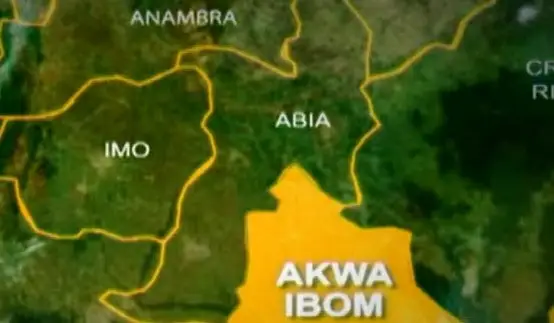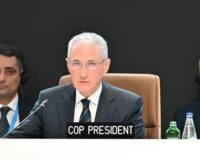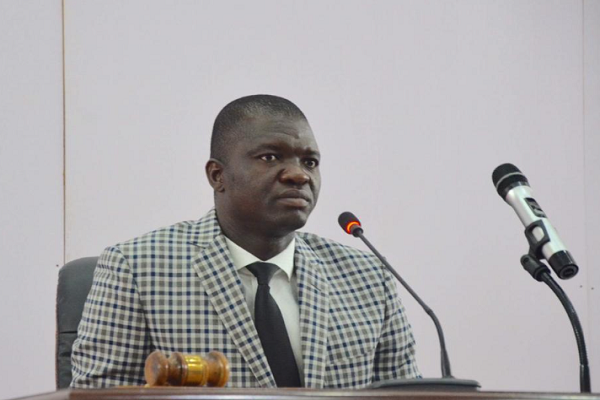Five months later, President Bola Tinubu is yet to appoint new ambassadors after recalling all those representing the country around the world.
Recall that President Tinubu on September 2, 2023, ordered the recall of all Nigeria’s ambassadors and envoys with immediate effect.
Daily Trust reports that Nigeria has 109 diplomatic missions worldwide comprising 76 embassies, 22 high commissions and 11 consulates.
Since independence in 1960, Nigeria has maintained diplomatic ties with many countries. Even though there have been reports of dearth of activities at some of Nigeria’s embassies, high commissions and consulates, experts who spoke to Daily Trust said countries were taken more seriously when they were visible diplomatically.
While asking Nigeria’s diplomats to come back in September, presidential spokesman, Ajuri Ngelale, in a statement, said, “The president is determined to ensure that world-class efficiency and quality will henceforth characterise foreign and domestic service delivery to citizens, residents and prospective visitors.”
He said the decision was sequel to a careful study of the present state of affairs at Nigerian consulates and embassies worldwide.
A former diplomat, who spoke to Daily Trust on condition of anonymity, said the long delay in appointing ambassadors could affect the relationship between Nigeria and some countries as some countries might not be open to deal with a lower diplomatic representation in their dealings with a country.
He said, “A Charge d Affairs may not be allowed to have meetings with a foreign minister of the host country because his position is just equivalent to that of a director. So, he may have limitations in handling serious issues which require higher authority from his host country.”
While speaking with a national daily recently, a Deputy Vice Chancellor (DVC) at the Afe Babalola University, Ado-Ekiti, Professor Damilola Olawuyi (SAN), recalled that President Tinubu took office with a vow to put international diplomacy at the centre of the country’s development strategy.
He said, “There have indeed been positive signs of such increased global engagements, with Nigeria playing key roles in landmark international summits such as the United Nations General Assembly in New York and the most recent COP-28 in Dubai, United Arab Emirates (UAE).
“However, 2023 was generally a slow and underwhelming start in terms of a clear and discernible foreign policy agenda. Early blunders such as the outrage and backlash that trailed the rushed recall of Nigerian ambassadors were a preventable embarrassment for a country of Nigeria’s stature.
“Furthermore, more than six months after taking office, many of our diplomatic missions have no clear leadership structure in place, while uncertainties also surround our representation in the UN bodies.
“This means that no matter the excellent progress the president makes when he embarks on foreign missions, there is little or no structure in place for clear and actionable follow-up.
“No country will feel confident to engage with an ambassador whose future is hanging in the balance. There is, therefore, an urgent need to resolve the appointment of new and returning ambassadors as soon as possible, including Nigeria’s representation at UN bodies such as WTO, WIPO and UNESCO.”







